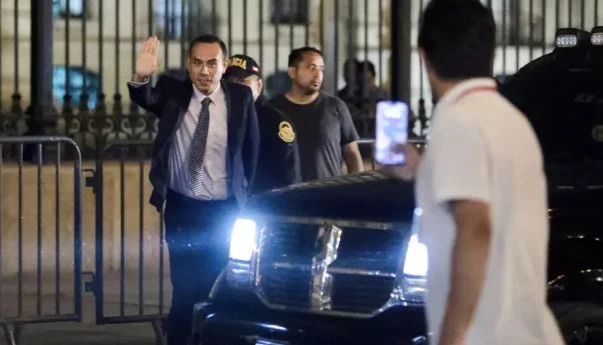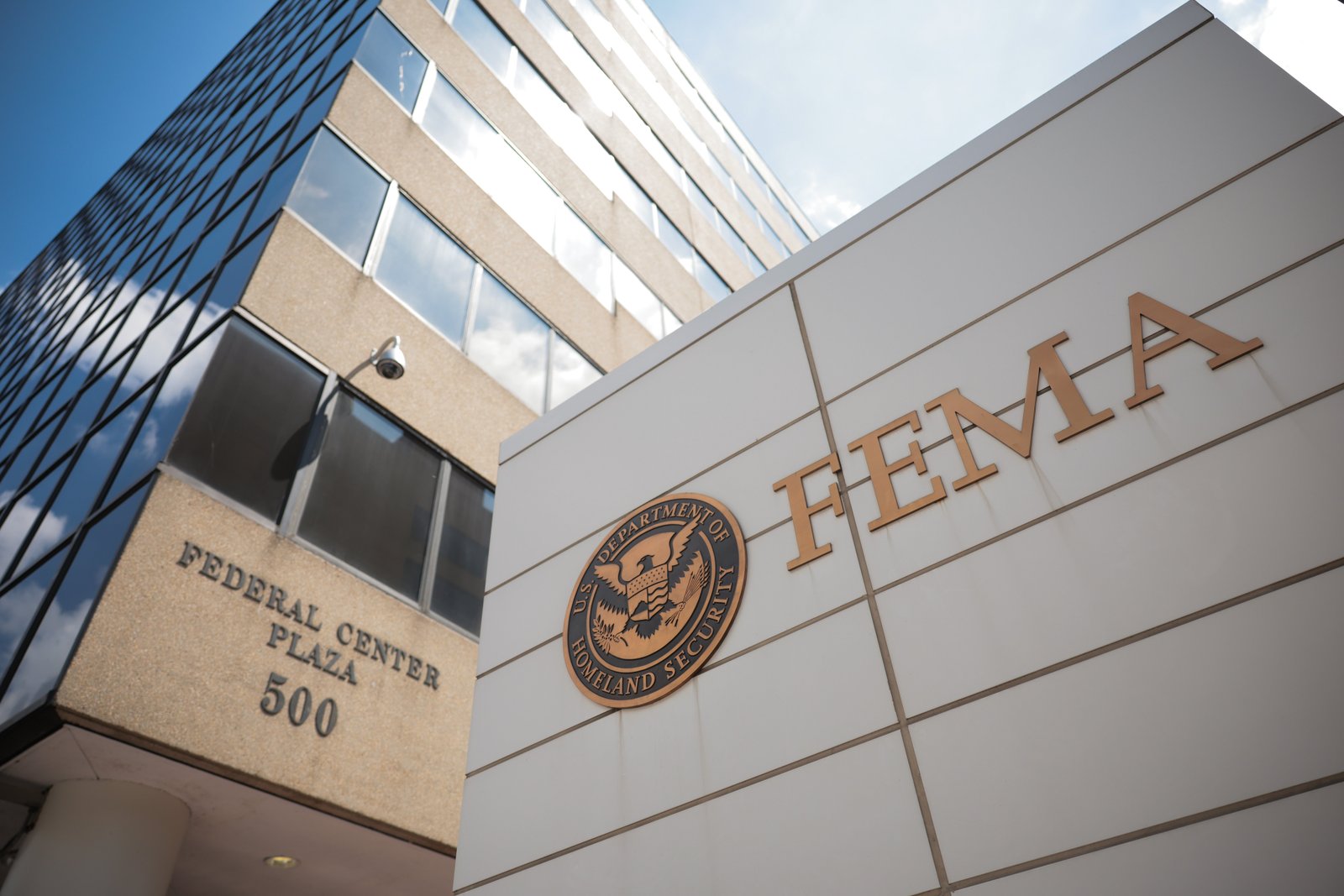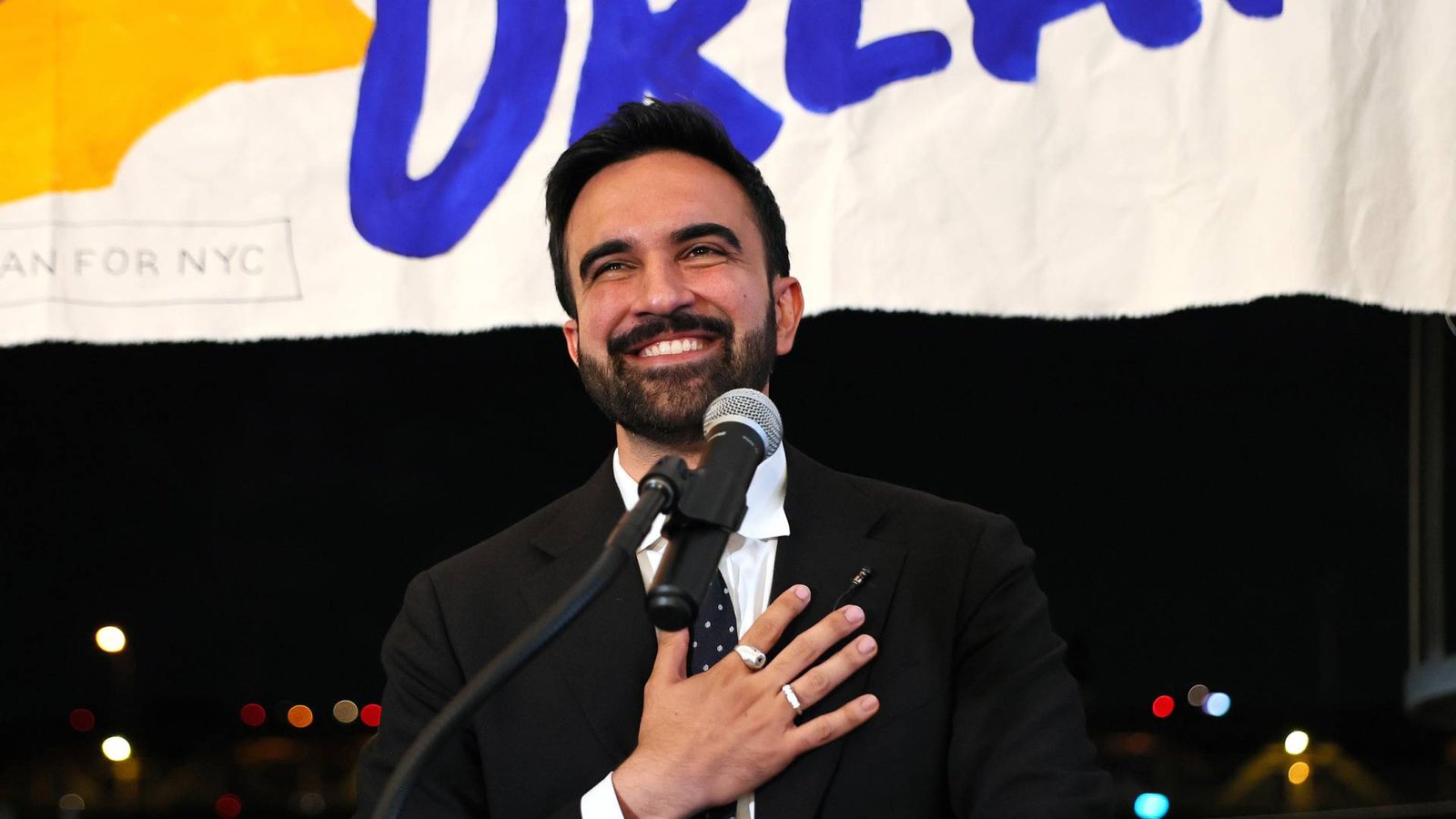Reconciliation Australia has urged the new 48th Parliament to commit to unity and truth-telling for First Nations peoples. The group warned that political divisions must not slow down progress again.
In a recent statement, the organisation said the previous parliamentary term was marked by culture war debates. These included discussions about the Voice to Parliament referendum, opposition leader Peter Dutton’s criticism of Welcome to Country ceremonies, and his refusal to stand before the Aboriginal and Torres Strait Islander flags.
On Tuesday, Ngunnawal Elder Aunty Violet Sheridan gave a Welcome to Country at the opening of Parliament. Both Prime Minister Anthony Albanese and Opposition Deputy Leader Sussan Ley responded with respectful remarks.
Prime Minister Albanese called the Welcome “an opportunity for us to embrace and show a deep love of home and country.” He said it reminded everyone that “we all belong here together, that we are stronger together and we belong.”
Deputy Leader Sussan Ley stepped away from the hard tone taken by Peter Dutton. She said the Welcome should “set the tone for the next Parliament.”
Reconciliation Australia welcomed both statements. The group said they showed a positive sign that “the harsh division seen during the 2023 Referendum and this year’s election may be lessening.”
The organisation stressed that Parliament should reflect the strong support for reconciliation and truth-telling in Australian society.
It pointed to data from its 2024 Australian Reconciliation Barometer (ARB). The survey showed 85 percent of Australians believe the relationship between non-Indigenous and Aboriginal and Torres Strait Islander peoples is important. Also, 71 percent said truth-telling is key to that relationship.
With this clear community support, Reconciliation Australia called on Parliament to take strong action. This includes moving reconciliation forward, closing gaps in First Nations outcomes, and starting a national truth-telling process.
The group said Parliament must lead Australia’s reconciliation journey with unity and strength, not division or hesitation.
“A clear understanding of our shared history will build a stronger, more united society. Australians want nothing less,” the statement said.
Although the Voice to Parliament was rejected in the 2023 referendum, advocates continue to push for the other parts of the Uluru Statement from the Heart: Treaty and Truth.
In May, Minister for Indigenous Australians Malarndirri McCarthy said she is open to listening to people’s views. She did not rule out progress on Treaty and Truth during this government term.
McCarthy said Labor has “never shied away from the principles” of truth-telling. She noted that truth-telling can happen in schools, committees, and communities across the country.
“As Indigenous Affairs Minister, I’m ready to listen and explore possibilities going forward,” she said.
The word Makarrata, from the Yolŋu language, means coming together after a struggle. It marks the final step in the Uluru Statement. This step refers to the process of truth and treaty-making.
In 2023, Pat Anderson, an architect of the Uluru Statement, called on the government to set up a national Truth and Justice Commission.
Before the May federal election, some conservative voices ran a fear campaign. They wrongly claimed the government would pass laws for the Voice despite the referendum outcome.
Reconciliation Australia’s call stresses the importance of truth and unity in the new Parliament. It reflects a strong community desire to move forward with respect and justice for First Nations peoples.







